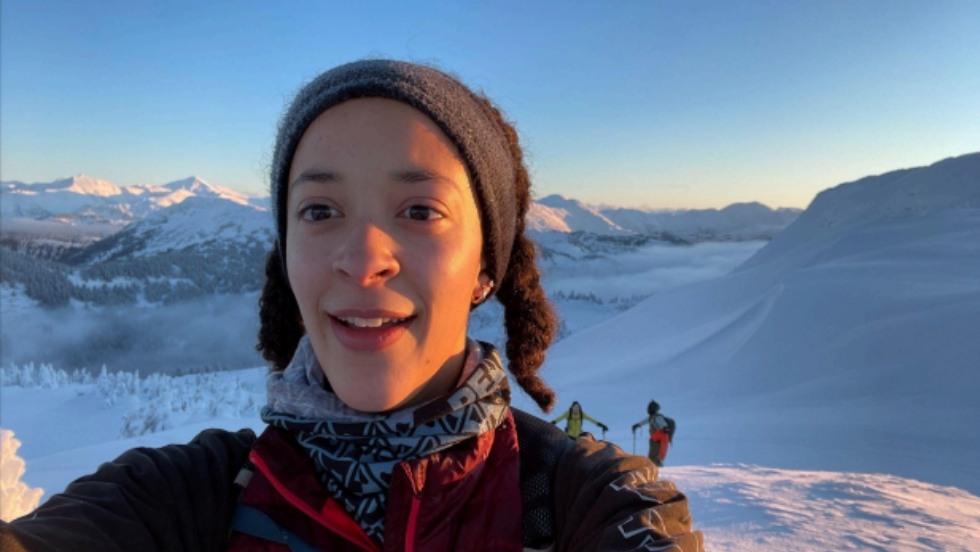In this spotlight, the department spoke with Blanca about her senior thesis.
"In my senior thesis, I am asking questions about the role of the human-horse partnership in the resilience and readaptation of Crucian spatial knowledge as climate induced destruction fundamentally alters the stories, traditions, and experiences central to the horse racing industry in St. Croix.
My great-grandfather, Duval Briscoe, was well known in the community for teaching auto mechanics at the high school and being involved with racehorses in some way, whether assisting local farriers or exercising horses. My grandmother’s memories of her father’s relationship with racehorses left me quite curious about the racing industry on the island and the socio-ecological dynamics surrounding it. Breeding Thoroughbreds, training them, caring for them, and racing them requires considerable space, capital, and community support to continue the cultural tradition of racing on the island. Broadly, when major recent hurricanes and ecological shocks illustrate the uneven and interconnected spatial histories of colonial underdevelopment and dependence strategies, as they often do in the Caribbean, the first line of response is to ensure growth through “bigger and better” redevelopment. When hurricanes Irma and Maria hit in 2017, the Randall “Doc” James Racetrack, the center of racing life on St. Croix, closed indefinitely. A vital economic and cultural tenant of island culture, redevelopment of the track needs to take up as much space in the climate resilience and adaptation conversation as do conservation efforts.
My goal with this thesis is to critically engage with what it means to hold space for hope and community-building while actively pursuing proactive and economically meaningful climate resilience strategies."
